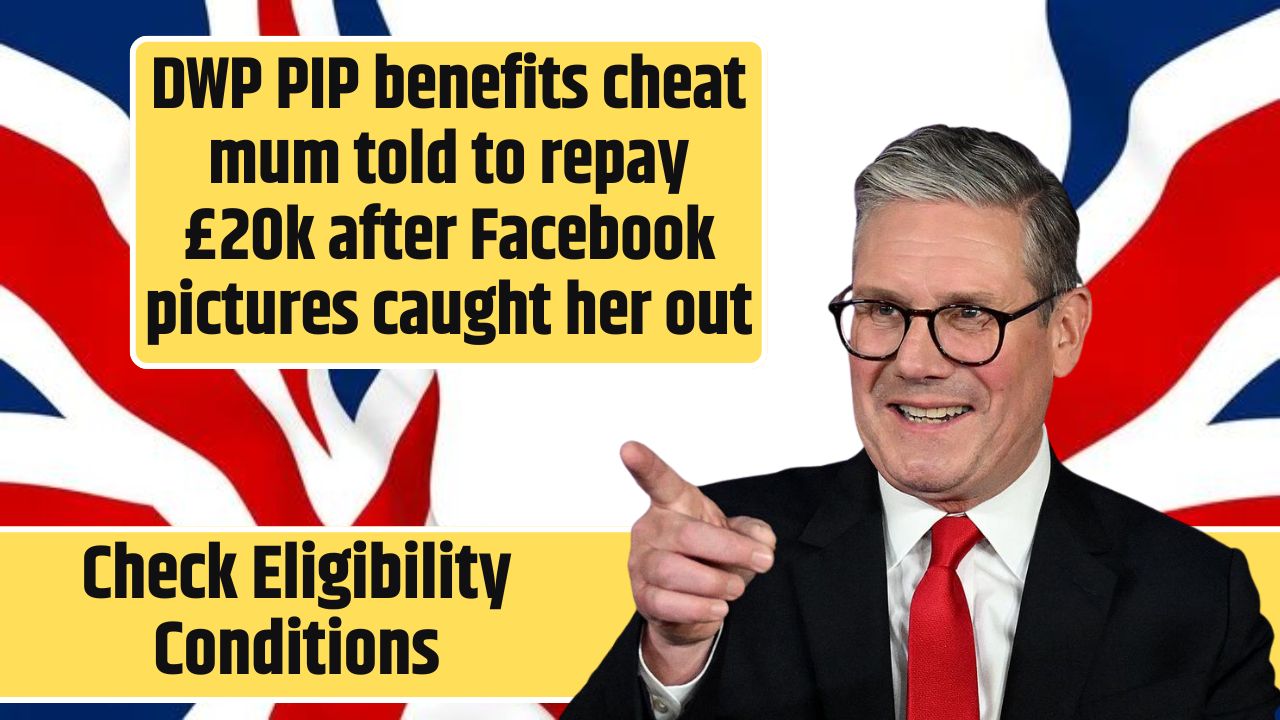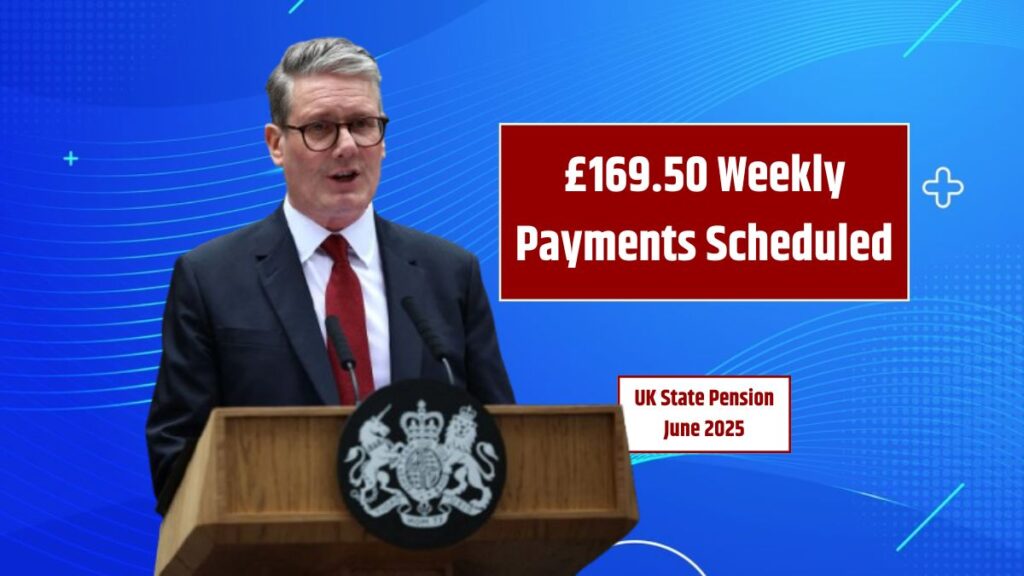If your personal info was exposed in a recent data breach, here’s some good news—you could claim up to $7,200 from a $3.25 million settlement. Yep, you read that right.
These days, data breaches are way too common, and they can seriously mess with your life. That’s why settlements like this exist: to help cover your costs, stress, and lost time.
In this article, we’ll break down exactly how you can check your eligibility, what documents you’ll need, and the step-by-step process to file a claim. Let’s make sure you don’t leave money on the table.
Overview
Here’s a quick glance at what this settlement offers and who it’s for:
| Aspect | Details |
|---|---|
| Settlement Amount | $3.25 million |
| Max Individual Claim | Up to $7,200 |
| Eligibility Criteria | Victims listed in company breach records |
| Application Deadline | To be announced |
| Official Info Site | Available via settlement website |
Background
So, what’s this all about? A major data breach revealed sensitive personal information—think Social Security numbers, credit card data, home addresses, and more. For the folks impacted, this breach wasn’t just a headache—it led to financial losses, identity theft, and hours on the phone with banks and credit bureaus.
To make things right, the involved parties agreed to a $3.25 million settlement fund. If your data was compromised, you can submit a claim for financial losses or identity theft recovery expenses. Depending on what you went through, you could receive up to $7,200.
Eligibility
Wondering if you qualify? Here’s what you need to know:
Confirmed Victim
You must be listed in the affected party database. Most people received an email or letter from the company after the breach. Save that notification—it’s key proof.
Out-of-Pocket Costs
If you spent money on things like:
- Identity theft protection
- Legal fees
- Replacing cards or IDs
- Credit monitoring
…you’ll need to provide receipts or documentation to back that up.
Identity Theft or Fraud
If you actually dealt with fraud, you may be eligible for the full $7,200. That includes:
- Unauthorized charges on accounts
- New accounts opened in your name
- Police or fraud reports
- Letters from credit bureaus
Valid Claim Submission
No matter what, you must submit a complete claim form and supporting documents before the deadline. No form, no cash.
Process
Let’s walk through how to submit your claim, step by step:
Visit the Official Site
Check out the official settlement website for all forms, instructions, and updates. You’ll also find tools to check if your name is in the list of affected individuals.
Verify You Were Affected
Some settlement sites include a lookup tool. Just enter your name and info to confirm if you’re eligible.
Gather Documents
Depending on your situation, you might need:
- The breach notification letter/email
- Proof of expenses (receipts, invoices)
- Fraud evidence (bank letters, reports, etc.)
Fill Out the Claim Form
Provide your:
- Full name and contact info
- Details about how you were affected
- Proof of expenses or fraud
Submit the Claim
You can either:
- Upload everything online through the portal
- Print and mail the form + documents to the provided address
Easy enough, right?
Compensation
So, how much can you expect to receive? It depends on what you can prove.
| Claim Type | Potential Payout |
|---|---|
| Flat Rate (No Docs) | $100 – $300 |
| Documented Losses | Up to $7,200 |
| Credit Monitoring | Free service offered |
Some settlements offer cash or free credit monitoring—choose what works best for you.
No Notice?
Didn’t get a letter but think you were affected? Here’s what to do:
- Check the Website: Use the lookup tool.
- Contact Support: Ask if your data was included.
- Watch Your Credit: Use a free report tool to spot suspicious activity.
Prevention
Let’s face it—data breaches aren’t going away. Here’s how to stay protected:
- Two-Factor Authentication: Adds an extra login step.
- Monitor Credit Reports: Check for suspicious activity regularly.
- Use Strong Passwords: And don’t reuse them across sites.
- Watch for Scams: Don’t click on sketchy links or emails.
- Freeze Your Credit: Blocks thieves from opening accounts in your name.
You might not stop the next breach, but you can make yourself harder to hack.
FAQs
Who can claim the $7,200?
Anyone listed as affected and with proof of financial loss or fraud.
What documents do I need to apply?
Receipts, fraud reports, or the breach notification letter.
Where do I submit my claim?
On the official settlement website or via mail.
What if I didn’t get a notification?
Check the settlement site or contact support to confirm eligibility.
Is credit monitoring included?
Yes, some settlements offer free credit monitoring services.





















